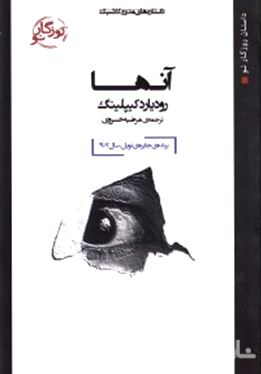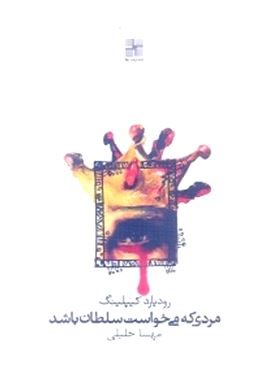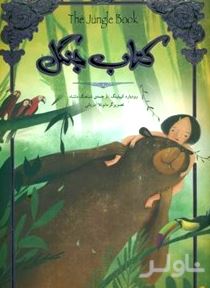|
نویسنده :
رودیارد کیپلینگ
ناشر :
روزگار نو
۰ از ۵
|
|||
|
نویسنده :
رودیارد کیپلینگ
ناشر :
نیلا
۲/۷ از ۵
|
۲ | ۳ | |
|
نویسنده :
رودیارد کیپلینگ
ناشر :
سپاس
۳/۹ از ۵
|




